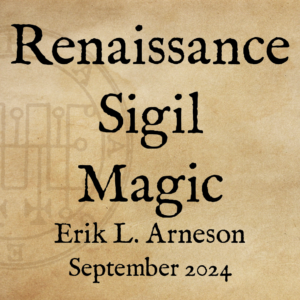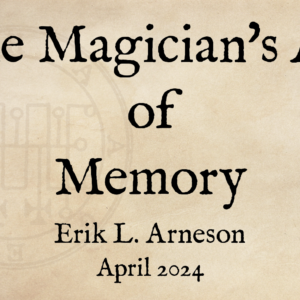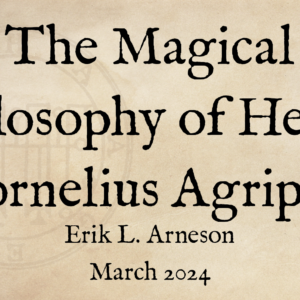When I first started doing public readings about a year ago, my routine would be to shuffle the deck and then hand it over to the client for a shuffle or two. I feel like it’s important for the client to get involved with the readings by getting their hands on the cards, and shuffling seems like the perfect way to do it.
Those Cards are Important
I had to rethink this after just a couple of sessions. Every time I handed over a deck of cards for somebody else to shuffle, I cringed. It’s rare that anybody sitting across the table shuffles cards as often as I do, and Tarot cards are awkwardly large and usually pretty slippery. If you slip up while shuffling, you can send the cards flying all over the place. Nobody wants to play 78-card pickup. To make matters worse, when the cards go flying, there’s a big chance one of them will be damaged. Some of my decks are impossible to replace.
It’s Not Bad Juju
You’re not going to mess up my deck’s ancient mystical powers. Each Tarot deck, after all, was machine printed and packaged in a box by a large, unfeeling machine. They weren’t produced by magical cartomancy leprechauns or something like that. I just don’t want you to physically damage the cards. I still make my clients cut the deck before the reading begins, but no shuffling. Please no shuffling.
Why Do You Keep Answering Dumb Questions?
I was jotting down topic ideas for this blog the other day, and a friend looked over my shoulder and said to me, “Those are stupid questions. Don’t write about those.” Well, frankly, these are questions that I get a lot. I know they’re not really complex, but I need my readers to ask me good questions before I can answer them. Use the comments form below to ask me a question. Please.
I’ll throw in an incentive: If I pick your question to answer on my blog, I’ll throw in a free Tarot reading by email!






Well I’ll be the first to ask a question. How much should the client interpret the meaning of the cards, i.e. what each card means for them in their situation or question, vs. how much should that come from yourself as the expert reader? How do you know where to draw the line if the client is going to far astray vs. letting them get in touch with what the cards are meaning in their situation?
Russell, that is a great question! Thank you. I’ll definitely be answering that one next.
When were some of the first known tarot cards created and do they originate from a specific cultural tradition?
Jeeze, make me work for it.
[…] my last Client Query post, I offered a free Tarot reading by email to those who ask me good questions. If I pick your […]